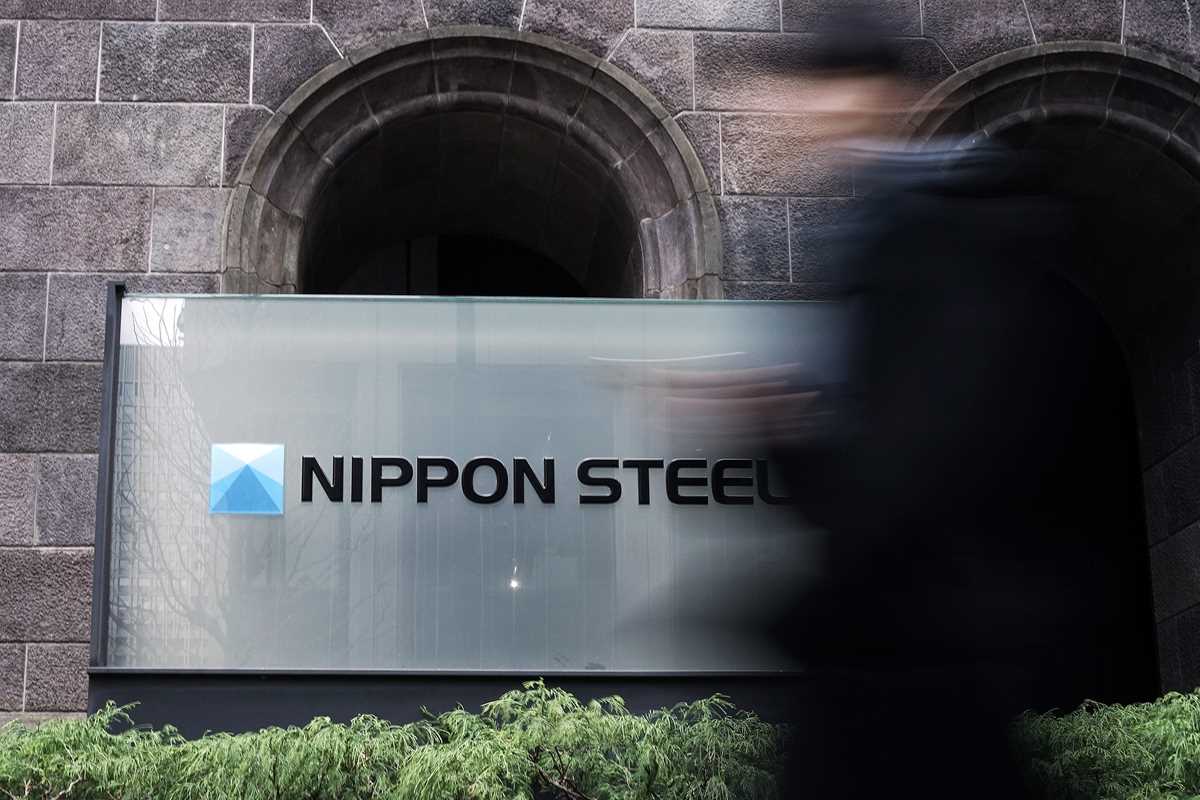China-Africa Summit: A New Era of Strategic Partnership
The recent China-Africa Forum has sparked discussions, praise, and criticism as nations plan mutual progress.
Published September 08, 2024 - 00:09am
Image recovered from pulse.ng
The recent 2024 Forum on China-Africa Cooperation (FOCAC) Summit in Beijing has marked a significant milestone in the ongoing partnership between China and Africa. Held from September 4 to 6, the summit drew leaders from over 50 African member states, regional African organizations, and international organizations to discuss the future of their cooperation.
Under the theme Joining Hands to Advance Modernization and Build a High-Level China-Africa Community with a Shared Future, the summit highlighted the longstanding friendship and sought to set a course for future interactions. At its core, the summit aimed to strengthen economic, political, and social ties through strategic partnerships and mutual cooperation.
Chinese President Xi Jinping reaffirmed China's commitment to Africa by announcing an impressive financial package to the continent, including $50.7 billion for infrastructure projects and the creation of over one million jobs. This move, while welcomed by African leaders, has drawn mixed reactions from Chinese citizens who are concerned about domestic financial priorities. Social media critics in China expressed their discontent, arguing that resources could be better used to address domestic issues such as unemployment and social welfare.
The sentiment of disillusionment was palpable among Chinese netizens, with many pointing out the irony of generous international aid amidst domestic austerity measures. Citations from social media posts illustrate this frustration, with some calling it a blatant misuse of taxpayers' money designed to curry political favor with African elites rather than providing direct benefits to African people. On the other hand, voices from the African continent largely view this aid as a major stepping stone for development and modernization.
At the FOCAC summit, China and African leaders signed critical outcome documents — the Declaration and the Action Plan — which delineate the road map for strategic cooperation in governance, industrialization, agricultural modernization, peace and security, and the Belt and Road Initiative for the next three years. These collaborative efforts underscore the shared vision of elevating mutual progress and improving living standards through sustainable development.
The summit also featured the 8th China-Africa Business Forum, a significant event in economic and trade exchanges, which brought together over 1,000 participants from both business communities. Keynote speeches at the forum highlighted the importance of integrating industrial and supply chains and leveraging emerging industries to boost economic prospects. A notable presentation was given by ZTE Chairman Li Zixue, unveiling innovative technology like the 5G+AI eyewear-free 3D tablet, symbolizing technological collaboration and futuristic advancements.
Historically, China has maintained robust economic relations with African countries, being Africa's largest trading partner for 15 consecutive years. The trade volume between China and Africa reached a record $282.1 billion in 2023, and China's direct investments have significantly impacted the continent, exceeding $40 billion by the end of 2023. These investments have created over 1.1 million jobs, further deepening economic ties and showcasing the mutual benefits of this partnership.
However, the FOCAC summit spotlighted divergent perspectives on the China-Africa relationship. While many African leaders and citizens view this collaboration as an essential part of their modernization and economic development, the forum's announcements stirred a wave of domestic criticisms in China. Detractors argue that the Chinese government should prioritize internal welfare over foreign aid, especially during times of economic restraints within the country.
In his keynote address, Xi Jinping emphasized the deep-rooted bonds and the future of the China-Africa shared destiny community. He underscored the ambitions for advancing modernization and fostering global development, noting that the collaboration not only serves bilateral interests but also aims to drive modernization trends in the Global South.
The summit closed with pledges for continued joint efforts, strategic relations, and the aspiration to create a more prosperous future for both regions. As the world watches, the outcomes of these collaborations remain paramount in shaping the next chapters of the China-Africa relationship.








